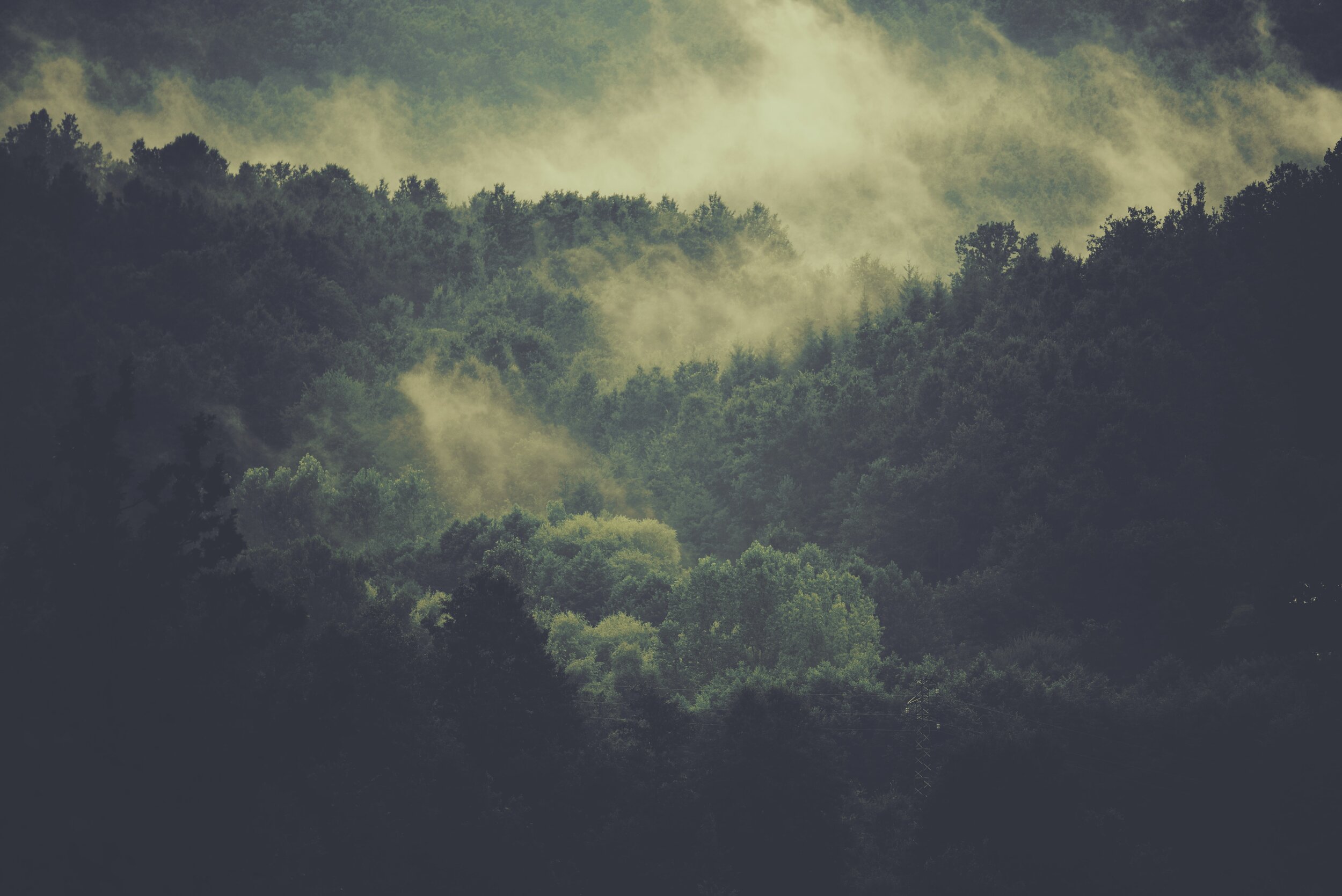India Agroforestry Project
The Agroforestry Project in Meghalaya Northeast India recovered an extremely degraded landscape that had exposed soil throughout most of the 100 hectares site. The rainfall in Meghalaya can exceed 20 meters of rainfall per year, due to the intense rainfall patterns that result from the foothills adjoining the Himalayas which was resulting in large volumes of soil being eroded. The project evaluated which crops could economically be planted on such a degraded site that had severe soil erosion, and had to select extremely hardy species that could survive the extreme rainfall and soil erosion. The land was degraded from clear-fell logging and the Spring Valley Farm team regenerated the land with up to 16 unique native species reintroduced to the area, including betel nut, mango, jackfruit, papaya and rubber trees. This project is by members of the Khasi tribe, an Indigenous community that has lived in the region for thousands of years and share a deep knowledge of the native ecosystem.

The local team dreams of a Meghalaya with native forests restored on the hilltops and in mid-elevations, with agroforestry and regenerative agriculture plots in the lowlands, and where the Indigenous community is involved every step of the way. Ecological agro tourism is providing an additional revenue stream, and this model will be scaled in other communities across Meghalaya and other states in northeast India. Worldview Impact Foundation is also supporting adventure ecotourism and forest restoration projects in South West Khasi Hills District and has planted 300,000 native tree species with local conservation groups near the Bangladesh border.
